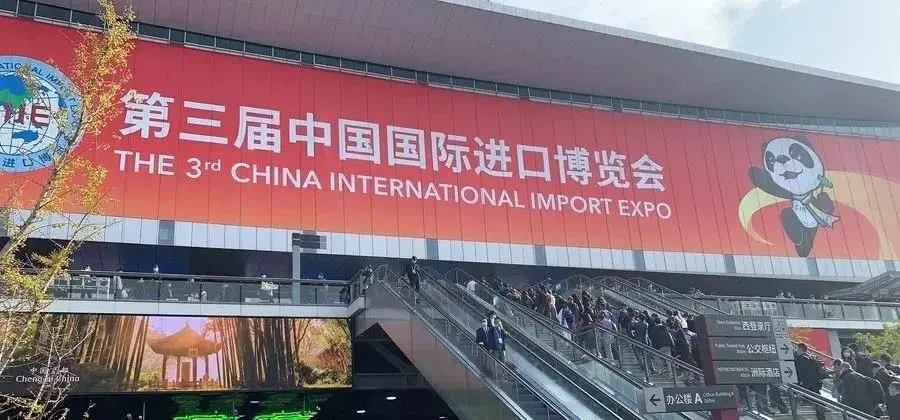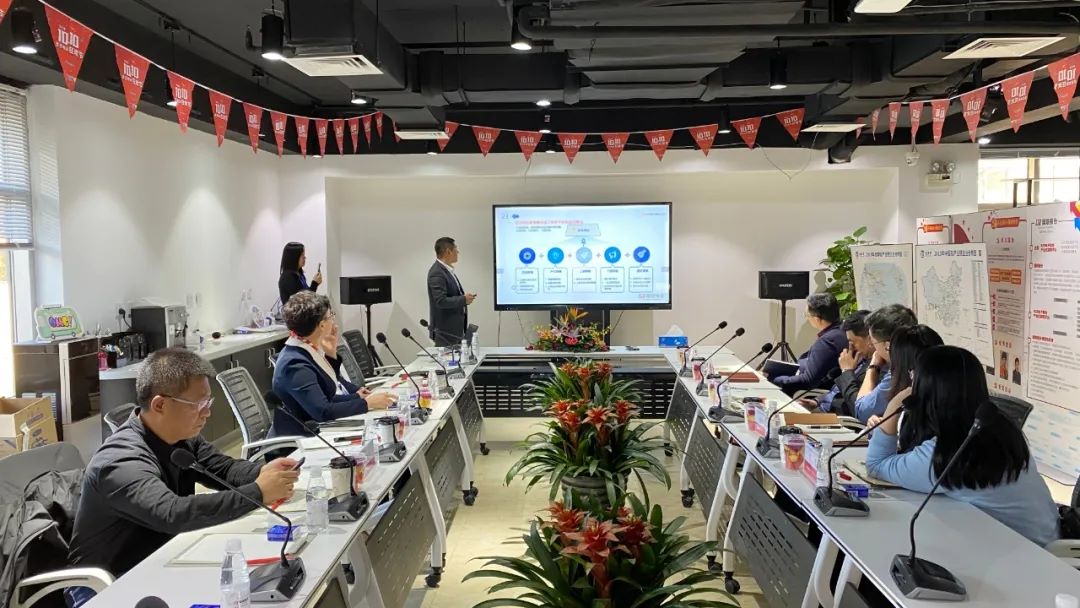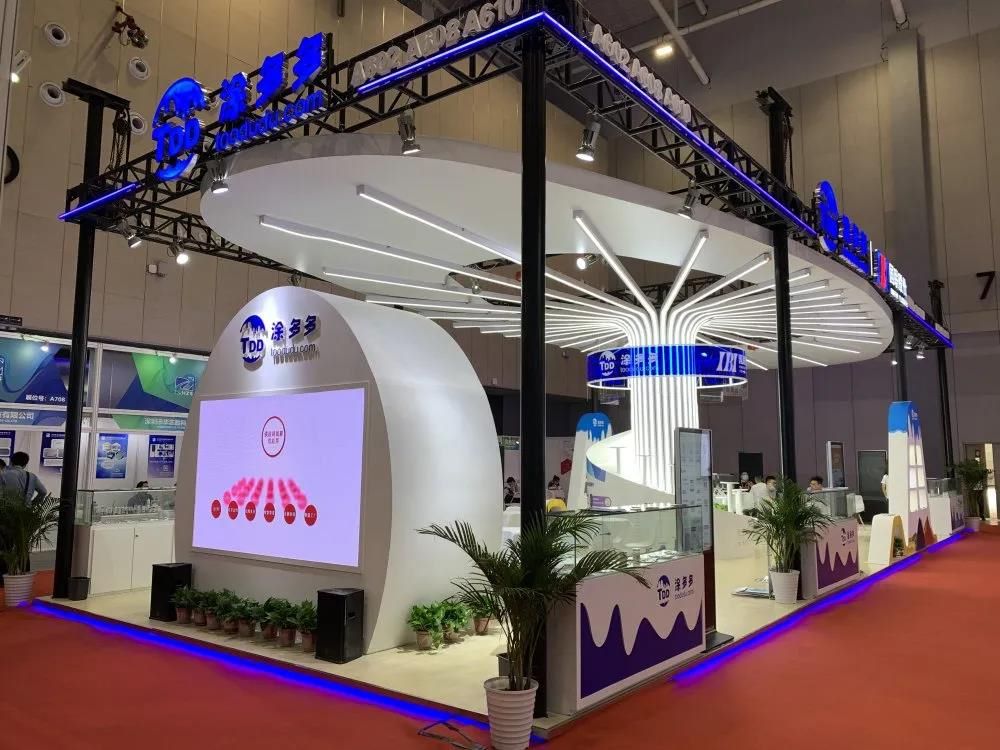Tire companies' sales volume fell in the first quarter
Chinese tire companies are not the only ones who are worried about tariffs. Recently, Michelin announced that its first-quarter performance in 2025 will be lower than expected under "high and unstable tariffs".

High pressure on tariffs, foreign tire companies are also dragged down
On April 9, 2025, Michelin confirmed two consecutive quarters of poor sales in a "pre-closing" conference call. First, in the last quarter of 2024, its supporting business performed poorly; in the first quarter of 2025, overall sales may decline by 6% to 8% year-on-year, especially in the European and American passenger car and light truck supporting markets from January to February, Michelin experienced a "sharp decline", which also made Michelin's tire sales in the first quarter lower than expected. However, Michelin mentioned that in the passenger car and light truck tire replacement market in Europe and the United States, Michelin's sales remain at a strong level. Of course, the decline in supporting also occurred in Michelin's truck tire supporting business.
From January to February 2024, Michelin's truck tire sales in the European and American markets fell by double digits year-on-year. However, Michelin said that the decline in truck tire supporting business was within its expectations. In addition, Michelin's truck tire replacement business also saw a slight decline. However, Michelin is currently focusing on the "value-added" services and its interconnected services in the European and South American truck tire markets, so industry insiders predict that Michelin's truck tire profits should perform well in the first quarter. In the off-road tire market, Michelin seems to have encountered the same pressure as other tire companies.
Affected by the sales of agricultural and construction tires, the supporting sales of other tire businesses, including mining, off-road, aircraft and two-wheeled vehicle tires, are unfavorable. However, when it comes to mining tires, which belong to the same business segment, Michelin said that its production in the first quarter was comparable to the previous year's level, while aircraft tire sales "increased." Michelin's non-tire business, which has been vigorously developed in recent years, is expected to remain nearly stable this quarter, proving the correctness of Michelin's medium- and long-term planning.
The proportion of large-size tire sales increased, and profits remained strong.
Although sales were lower than expected, Michelin said that sales of Michelin passenger car and light truck tires will still show a positive level, driven by product portfolio optimization, especially the growth of sales of large-size passenger car tires of 18 inches and above, and the promotion of price increase strategy. Of course, Michelin also pointed out that the raw material indexation clause that came into effect on January 1 also had a favorable impact on its sales. When talking about this year's expectations, Michelin specifically mentioned the possible impact of tariffs-under "high and unstable tariffs", Michelin's "localized operation strategy" is expected to help Michelin overcome difficulties.
Tariff impact, localization strategy helps
Entering April, the media's questions about tire companies almost cannot escape the topic of "tariffs". When talking about US import tariffs, Michelin said, "Since tariffs are evolving every day, Michelin's understanding of tariffs may change within a week." Michelin expects its localized operation strategy to be "very valuable in dealing with high and unstable tariffs." About 70% of Michelin's tires in the US tire market are made in the United States, while the remaining 15% come from Canada, 5% from Mexico, and the rest from Europe and Asia (Indonesia, Thailand).
Michelin said that finished products shipped from Canada and Mexico to the United States that comply with the USMCA agreement will be exempt from imports until further review on May 3. At the same time, Michelin pointed out that these measures also apply to its "most trade in North America", and finished products shipped to the United States from other regions may be affected by the 25% tariff applicable to automobiles and auto parts, but Michelin said it is not clear whether all tires fall within this tariff range.
For Michelin, the most important capital flows are agricultural tires from Europe to the United States and secondary passenger car tires from Indonesia to the United States. It is worth noting that Michelin said that natural rubber needed for domestic tire manufacturing in the United States is not affected by any of the latest tariffs.
As for synthetic rubber, Michelin has factories in the United States, Europe and Asia, so it is "self-sufficient" and "limited intercontinental flow" in the United States. This also means that changes in tariffs have little impact on Michelin's domestic tire manufacturing. Given the "current highly volatile environment," Michelin did not formulate any forward-looking views and will reserve that view until its first-quarter sales report later this month. "Our overall message at this time is that we believe Michelin is well-positioned to navigate these fluctuations."









